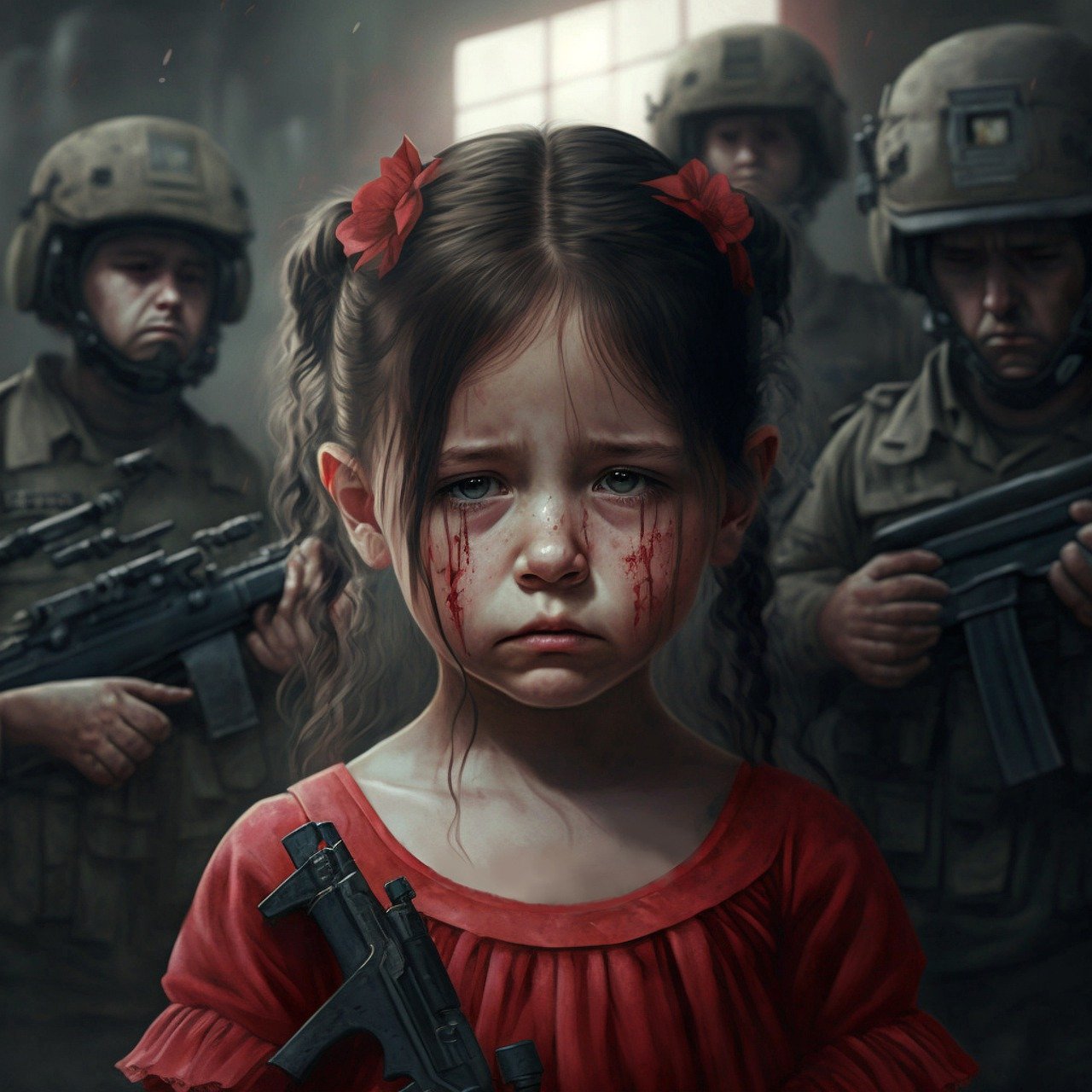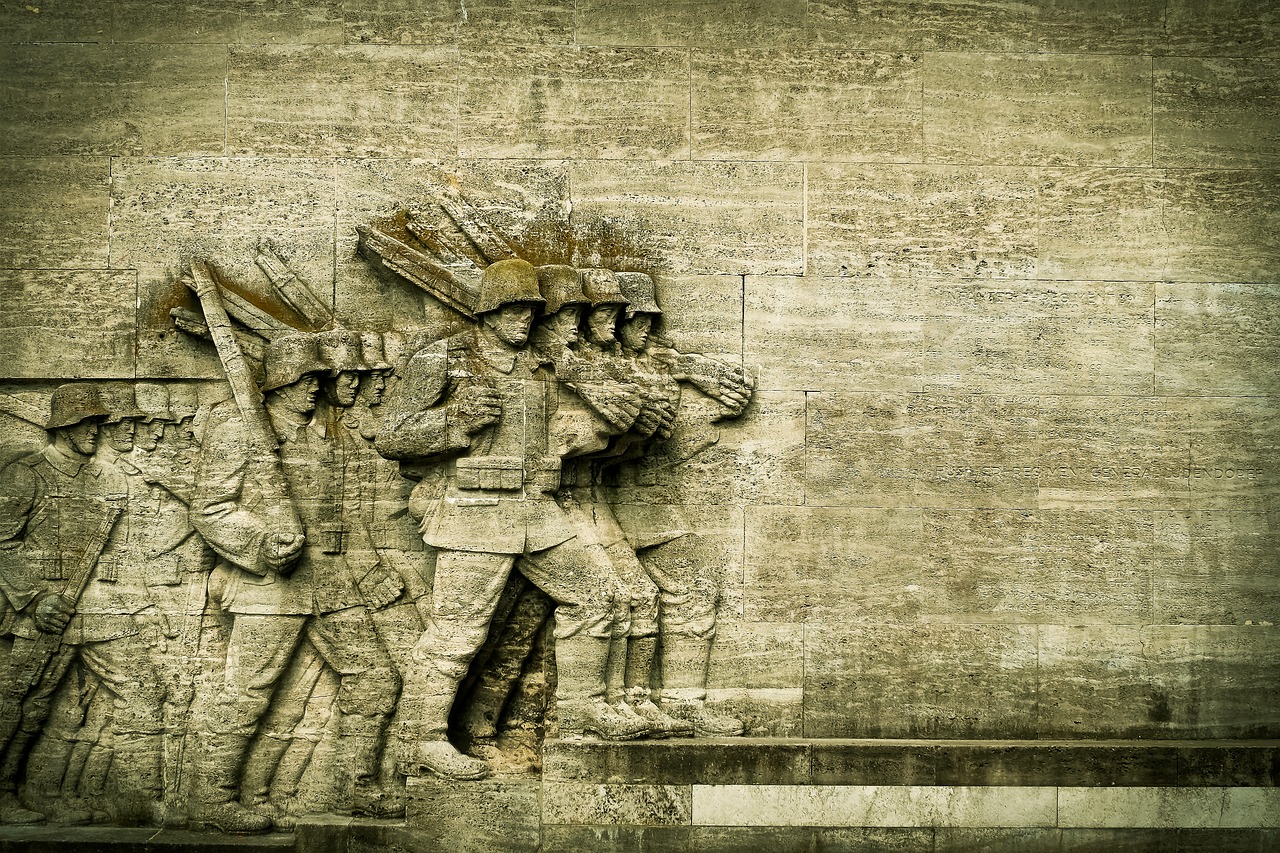In the tumultuous landscape of human history, victories have often been synonymous with conquests and wars. However, it's imperative to recognize that true triumphs stem from the ability to forgive. In this blog, we explore the profound idea that the path to genuine victories is paved not by conflict, but by embracing the transformative power of forgiveness.
**1. Understanding the Nature of Wars: Wars, whether fought on a global scale or within the confines of our personal relationships, are inherently destructive. They leave scars, both physical and emotional, that can endure for generations. The aftermath of wars often reveals shattered lives, broken communities, and lingering animosities.
**2. The Weight of Unforgiveness: Holding onto grudges and refusing to forgive is akin to carrying a heavy burden. The weight of resentment and bitterness can hinder personal growth, strain relationships, and create a perpetual cycle of conflict. In contrast, forgiveness offers liberation from this burden, allowing individuals and societies to heal.
**3. Personal Victories through Forgiveness: Personal victories are not measured by the conquest of others, but rather by the conquest of oneself. Forgiving those who have wronged us requires strength and resilience. It is an internal triumph over anger, hatred, and the desire for revenge. The power to forgive empowers individuals to rise above their circumstances and find peace within.
**4. Community Healing: On a broader scale, communities torn apart by conflicts can only truly rebuild through forgiveness. History has shown us instances where nations, despite enduring deep-seated animosities, have chosen the path of reconciliation. In doing so, they have not only healed their wounds but also paved the way for a more harmonious future.
**5. Breaking the Cycle of Retaliation: Wars often perpetuate a cycle of retaliation and revenge, creating an environment where hostilities persist. Forgiveness disrupts this cycle by fostering understanding, empathy, and a willingness to move beyond past grievances. It opens the door to dialogue and cooperation, laying the foundation for lasting peace.
**6. Forgiveness in the Face of Injustice: Embracing forgiveness does not mean condoning injustice; rather, it is a radical act of choosing peace over prolonged conflict. Individuals who have experienced profound injustices and still found the strength to forgive showcase the indomitable spirit of humanity.
**7. Leadership and Forgiveness: True leadership is exemplified not by the ability to wage wars, but by the capacity to forgive and reconcile. Leaders who prioritize forgiveness create a culture of compassion, understanding, and collaboration, setting the stage for enduring success and prosperity.

Promoting forgiveness can lead to resolution, unity, and personal growth, fostering a more sustainable and harmonious coexistence. This perspective is often associated with advocacy for peaceful conflict resolution, diplomacy, and reconciliation as alternatives to the destructive nature of wars.
In conclusion, victories that stand the test of time emerge not from the battlefield, but from the depths of forgiveness. By choosing forgiveness over retaliation, individuals and communities break free from the shackles of the past, forging a path toward healing, unity, and enduring triumphs. As we navigate the complexities of our world, let us remember that the most significant victories are those achieved through the transformative power of forgiveness.


